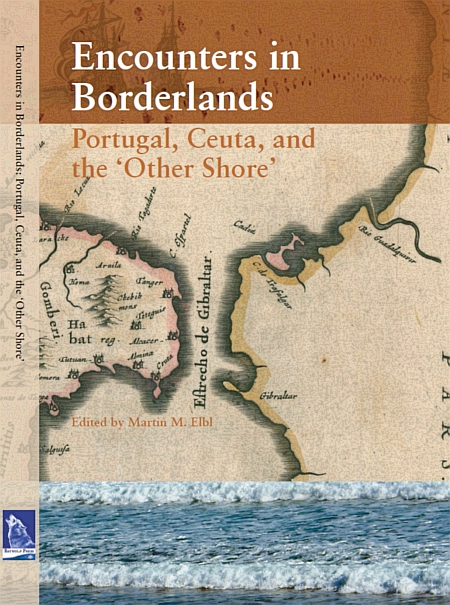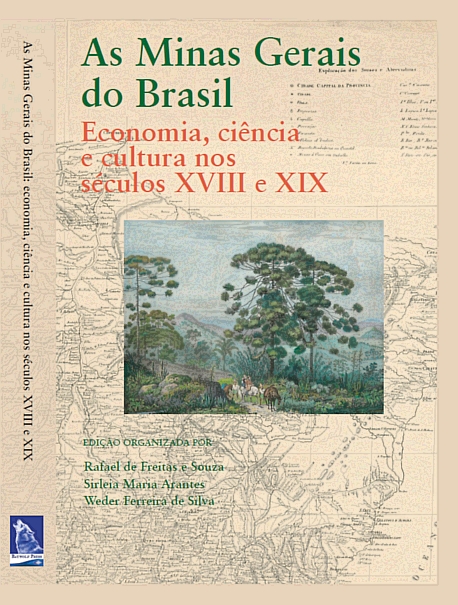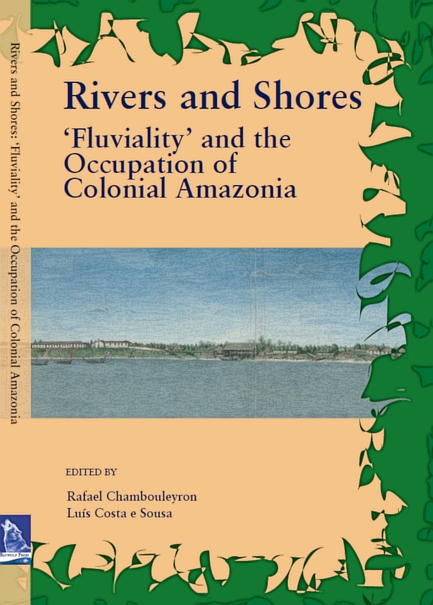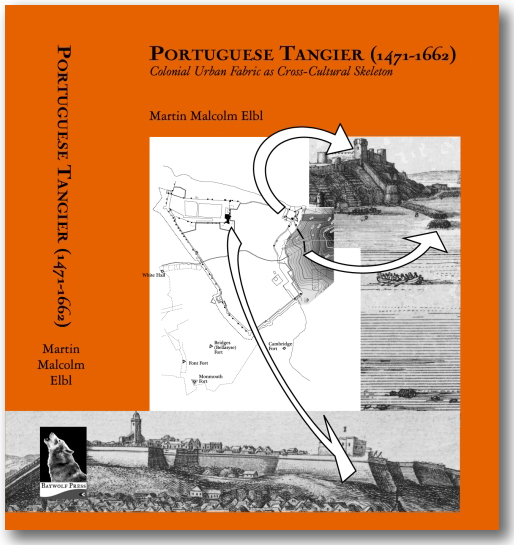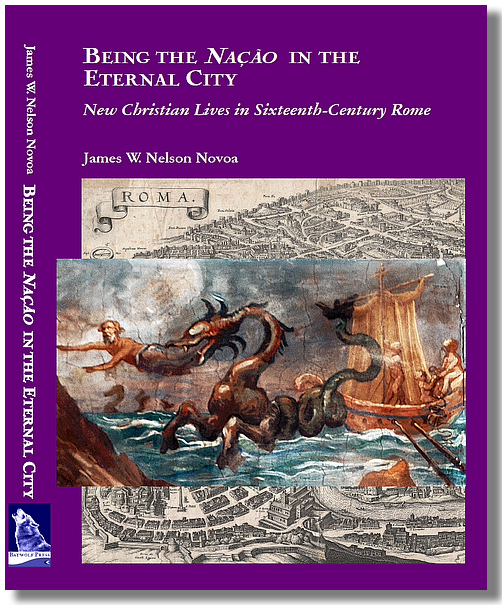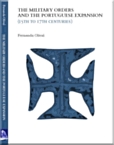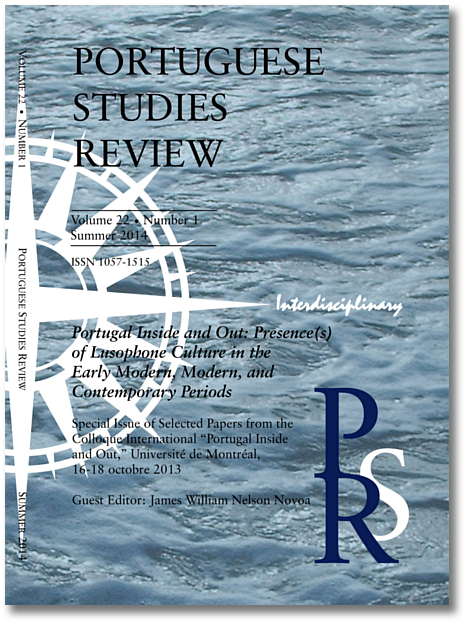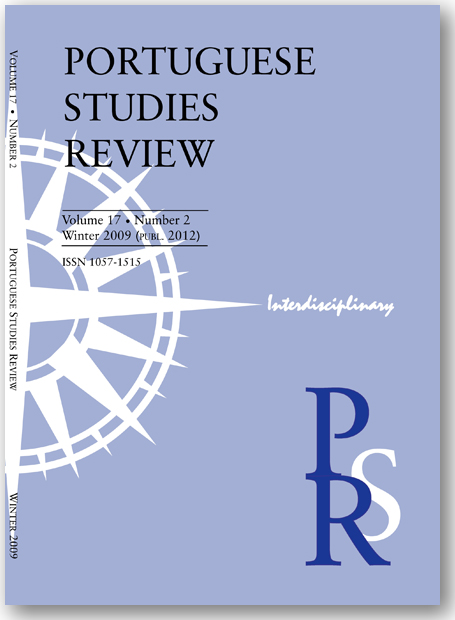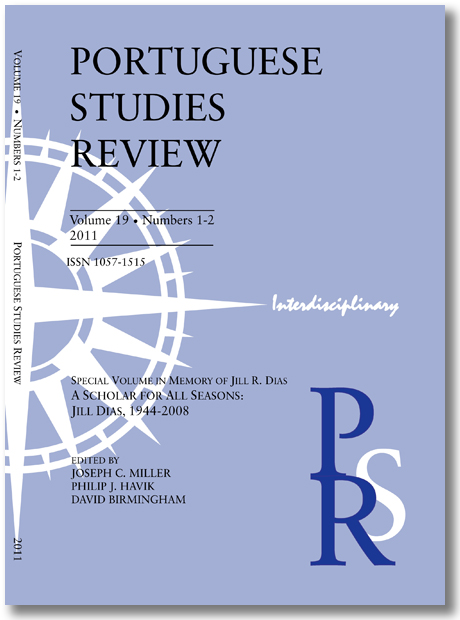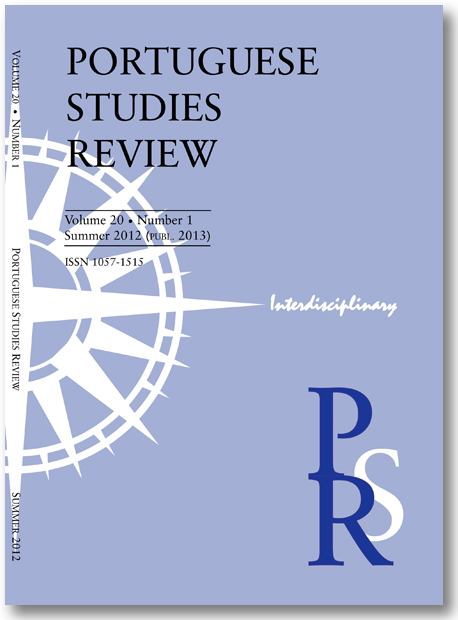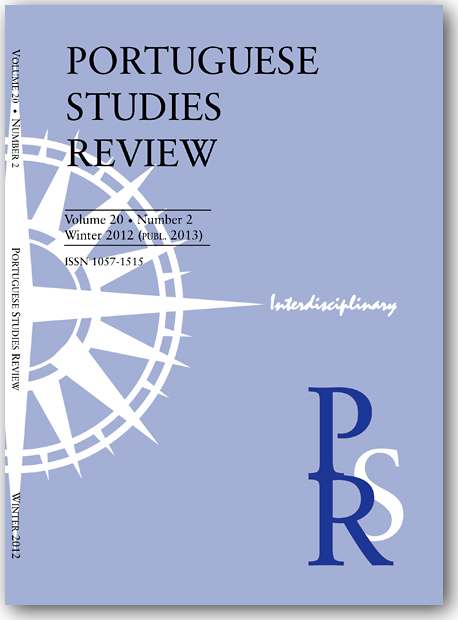| |
.png)
|
|
Keynote Speaker: Wanja Campos da Nóbrega, Consul General of Brazil in Toronto
"A Diáspora Brasileira no Canadá: impressões consulares" ~ "The Brazilian Diaspora In Canada: Consular Impressions" |
Natural de Recife, é, desde 2020, Cônsul-Geral em Toronto. Bacharel em Relações Internacionais pela Universidade de Brasília (1981), graduou-se em Diplomacia pelo Instituto Rio Branco, em 1984. Serviu nas embaixadas brasileiras em La Paz (Bolívia), Paramaribo (Suriname), Argel (Argélia), Washington, D.C. (Estados Unidos da América), e em Daca (Bangladesh); e nos consulados em Paris (França), Roma (Itália), Cidade do Cabo (África do Sul), Toronto (Canadá) e Cidade do México (México). Em 2004, foi nomeada representante do Itamaraty, Ministério das Relações Exteriores do Brasil, para acompanhar a 22ª Expedição Brasileira à Antártica. Em 2014, recebeu a Medalha de Grande Oficial da Ordem do Rio Branco, a mais alta condecoração concedida pelo Ministério das Relações Exteriores, por seus relevantes serviços prestados ao Brasil. No Ministério das Relações Exteriores, desempenhou funções em diferentes áreas, entre elas, de política para Ásia e Pacífico, meio ambiente e promoção comercial. Apresentou a tese “O Sistema das Nações Unidas: Perspectivas, oportunidades e limitações para a promoção comercial Brasileira. Propostas de ação”, para o Curso de Altos Estudos do Instituto Rio Branco. Autora de diversos artigos sobre temas ligados à educação, meio-ambiente e agronegócio. Autora, também, do livro João Herbert – Uma história verdadeira, publicado em 2022, onde relata sua experiência na área de assistência consular quando serviu na Embaixada do Brasil em Washington D.C. Em Toronto, exerceu a função de Chefe do Setor de Promoção Comercial (2006-2012) e, faz parte, desde 2020, do Comitê de Inclusão e Diversidade da Câmara de Comércio Brasil-Canadá..
Born in Recife, is, since 2020, Consul General in Toronto. Bachelor of International Relations from the University of Brasília (1981), graduated in Diplomacy from the Rio Branco Institute, in 1984. She served in the Brazilian embassies in La Paz (Bolivia), Paramaribo (Suriname), Algiers (Algeria), Washington, D.C. (United States of America), and in Dhaka (Bangladesh); and at consulates in Paris (France), Rome (Italy), Cape Town (South Africa), Toronto (Canada) and Mexico City (Mexico). In 2004, she was appointed representative of Itamaraty, Ministry of Foreign Affairs of Brazil, to accompany the 22nd Brazilian Expedition to Antarctica. In 2014, he received the Medal of Grand Officer of the Order of Rio Branco, the highest decoration awarded by the Ministry of Foreign Affairs, for his relevant services to Brazil. At the Ministry of Foreign Affairs, he held positions in different areas, including policy for Asia and the Pacific, the environment and trade promotion. She presented the thesis “The United Nations System: Perspectives, Opportunities and Limitations for Brazilian Trade Promotion. Action Proposals”, for the Higher Studies Course at the Rio Branco Institute. Author of several articles on topics related to education, the environment and agribusiness. She is also the author of the book João Herbert – Uma história verdadeira, published in 2022, where she reports her experiences in the field of consular assistance when she served at the Brazilian Embassy in Washington D.C. In Toronto, she served as Head of the Trade Promotion Sector (2006-2012) and, since 2020, has been a member of the Inclusion and Diversity Committee of the Brazil-Canada Chamber of Commerce.
Née à Recife, est, depuis 2020, consule générale à Toronto. Licenciée en relations internationales de l'Université de Brasília (1981), diplômée en diplomatie de l'Institut Rio Branco, en 1984. Elle a servi dans les ambassades du Brésil à La Paz (Bolivie), Paramaribo (Suriname), Alger (Algérie), Washington, D.C. (États-Unis d'Amérique) et à Dhaka (Bangladesh); et dans les consulats à Paris (France), Rome (Italie), Cape Town (Afrique du Sud), Toronto (Canada) et Mexico (Mexique). En 2004, elle est nommée représentante d'Itamaraty, ministère des Affaires étrangères du Brésil, pour accompagner la 22ème expédition brésilienne en Antarctique. En 2014, elle a reçu la Médaille de Grand Officier de l'Ordre de Rio Branco, la plus haute décoration décernée par le ministère des Affaires étrangères, pour ses services pertinents au Brésil. Au ministère des Affaires étrangères, elle a occupé des postes dans différents domaines, notamment la politique pour l'Asie et le Pacifique, l'environnement et la promotion commerciale. Elle a présenté la thèse « Le système des Nations Unies : perspectives, opportunités et limites pour la promotion du commerce brésilien. Propositions d'action », pour le cours d'études supérieures de l'Institut Rio Branco. Auteure de plusieurs articles sur des sujets liés à l'éducation, à l'environnement et à l'agroalimentaire, elle est également l'auteure du livre João Herbert - Uma história verdadeira, publié en 2022, où elle relate ses expériences dans le domaine de l'assistance consulaire lorsqu'elle a servi à l'ambassade du Brésil à Washington D.C. À Toronto, elle a occupé le poste de chef du secteur de la promotion commerciale (2006-2012) et, depuis 2020, elle est membre du comité sur l'inclusion et la diversité de la Chambre de Commerce Brésil-Canada.
Abstract: A comunidade brasileira na jurisdição consular de Ontário, Manitoba e Nunavut tem crescido consistentemente nos últimos anos. O Canadá, de modo geral, segue atraindo os brasileiros por diversos fatores, como segurança, a existência de escolas públicas de qualidade e a oferta de empregos relativamente bem remunerados. O número exato de cidadãos é difícil de precisar, bastante subestimado. Trabalha-se com os dados de brasileiros que se registram no Consulado geraldo Brasil em Toronto em busca de serviços. Último levantamento apontou para cerca de 90.000 cidadãos, mas estima-se que esse número seja muito superior, por uma série de fatores.
À falta de instrumentos de mensuração que deem conta dos inúmeros brasileiros não registrados na circunscrição de Toronto, soma-se a dificuldade em obter, das autoridades canadenses, dados precisos sobre brasileiros que habitam nas províncias de competência do Consulado-Geral. Cabe lembrar que a participação no Censo canadense – o National Household Survey (NHS) – é de natureza voluntária. Soma-se a isso a relativa facilidade dos novos imigrantes em obter a cidadania canadense. Muitos são os brasileiros com residência permanente que, após três anos, se tornam cidadãos canadenses. Deixam, assim, de constar nas estatísticas do Canadá como brasileiros.
Falar da diáspora brasileira, portanto, é exercício complexo, e que apresenta algumas dificuldades iniciais. De todo modo, é possível afirmar que a procura por serviços consulares tem sido crescente. Indício importantíssimo nesse sentido é o crescimento exponencial do número de brasileiros que se registraram para votar nas eleições de 2022. Em comparação com o pleito de 2018, houve incremento de 78%, indicador relevante, pois reflete, por parte dos cidadãos registrados, intenção de fixar residência permanente na circunscrição do Consulado e manter, ao mesmo tempo, vínculo com o Brasil. Mantida a atual política canadense de atração de imigrantes, é seguro afirmar que os números continuarão crescendo, o que exigirá do Consulado Geral do Brasil em Toronto esforços contínuos para atender a uma comunidade dinâmica e cada vez mais ciente de seus direitos.
.
|
| |
 |
|
Plenary Speaker: Dr. Gilberto Fernandes
"In Motion, we are Still: Reflections on the Artifacts of the Portuguese Diaspora in Canada" |
Dr. Gilberto Fernandes is an External Associate at the Robarts Centre for Canadian Studies, York University. His research focuses on the history of Portuguese migration and diaspora, heritage making, public relations and diplomacy; and the history of the unionized building trades and construction technologies in Ontario. He is the author of the book This Pilgrim Nation: The Making of the Portuguese Diaspora in Postwar North America, published in 2020, and of multiple journal articles on the topic of Portuguese diaspora. Dr. Fernandes is also a public and digital historian, curator, community archivist, and documentary filmmaker with multiple credits, including the "Portuguese Canadian History Project"; the award-winning "City Builders: A History of Immigrant Construction Workers in Toronto"; and the upcoming exhibition and website "Movimento Perpétuo: The Portuguese Diaspora in Canada", commissioned by the embassy of Portugal in Canada on the occasion of the 70th anniversaries of diplomatic relations between those two countries and the beginning of Portuguese mass migration to Canada.
Abstract: How does the sound of an adufe help us understand the hybrid nature of diasporic identities, with their perpetual longings and belongings? What can a Portuguese-English dictionary tell us about the educational challenges facing newcomer students and the appeal of mathematical sciences? What do a bedside vase, a pair of earrings, cookbooks, a copper kettle, and a sheep bell have in common in the eyes of Portuguese immigrants and descendants? These are just a few of the questions I encountered as the curator of the "Movimento Perpétuo: The Portuguese Diaspora in Canada" exhibition and website commemorating the 70th anniversaries of Portugal-Canada diplomatic relations and the beginning of mass immigration from Portugal. In that role, I asked 70 Portuguese-Canadian individuals and organizations in Ontario and Quebec to submit up to five artifacts and/or records that helped them tell their stories or reflect on their experiences and identities as members of this diaspora. I then followed up with oral history interviews grounded on these artifacts, from which audio clips were pulled for use in the exhibition and website. My presentation will introduce the project’s website and offer commentary about its many features, reflect on the shared authority principles and methodological considerations and advantages of doing oral history tied to material objects, and reflect on some of the common themes that emerged from these interviews.
Personal blog: https://gilbertofernandes.ca/
Twitter: @FernandesGil79
|
|
|
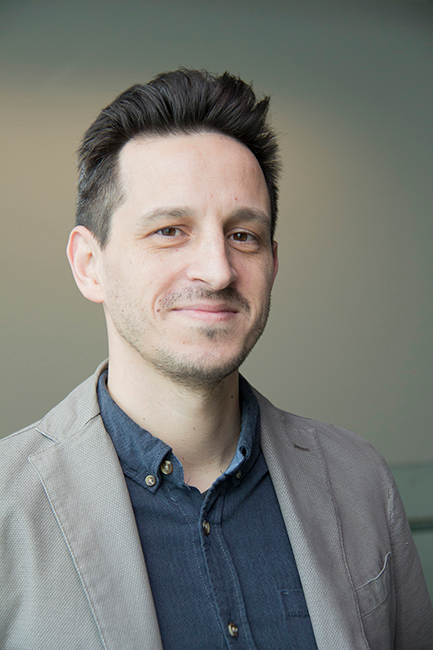 |
| |
|
| |
|
|
Toronto Dominion Center: High steel workers, photo by Don Grant, Toronto Telegram, courtesy of the Clara Thomas Archives and Special Collections at York U. https://digital.library.yorku.ca/yul-89344/toronto-dominion-center-high-steel-workers [attr. date Dec. 1965]. See also https://news.yorku.ca/2018/09/25/city-built-by-immigrant-workers-whose-stories-are-told-in-new-york-u-multi-media-project. "These men were just fodder. Nobody cared. There were 100 other men to take that job" (Dr. Gilberto Fernandes). Clicking on the static image will load in your browser window a Google Maps 3D sphere that allows you to take a digital walkthrough in the vicinity. Hovering your cursor over the 3D -surround scene allows you, as usual, to grab-and-rotate the scene in all directions. Flattened 'oval and arrow' pointers, when hovering, tell you where you may go further, to other available adjacent 3D spheres. The map in the lower left hand corner, when enlarged and filling the lower portion of the screen, will show you where exactly you are, and blue lines in the streets indicate where other 3D spheres or linked street scenes may be accessed. |
|
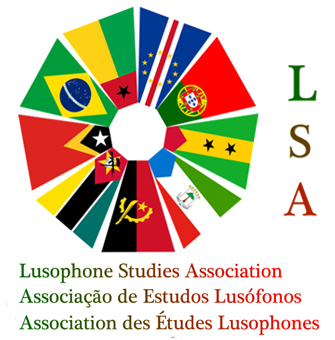

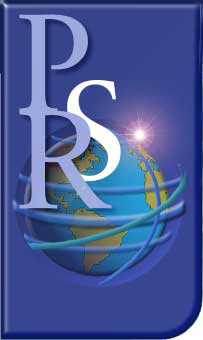

.png)


